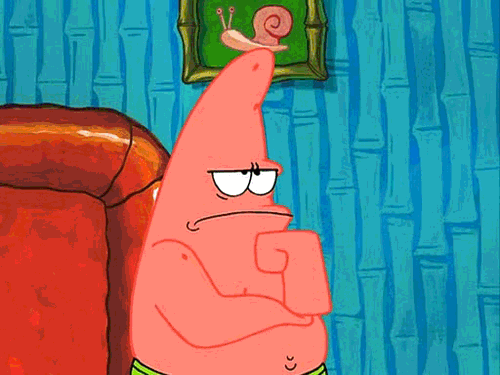
A Synthesis and Some Mulling -Brooke Wagner
So far, all of the readings have been expanding my understanding, and maybe the general meaning, of what literacy is. Traditionally, literacy is defined as an ability to read and write. This definition makes teaching literacy seem almost easy. However, all of the authors we’ve seen have challenged this idea. They have argue that literacy is a multifaceted concept with a variety of influencing factors and multiple manifestations. Each author has a different way of expressing this idea, but the concepts we’ve looked at tend to be broken down into two sections, things that influence literacy and ways that literacy appears in the world, including the less conventional forms.
We started the semester off with Szwed, who categorizes the influencing factors as context, function, participants, and motivation. The examples of literacy itself he refers to as text. Throughout this reading we see how socioeconomic classes and social context change what is being read and how the reading occurs. He also argues that “literature” is not the only form of reading that should be connected to literacy, listing signs, graffiti, sheet music, cereal boxes, closed captions, etc. Szwed wants us not only to recognize these ideas but to think about how they impact literacy’s relationship to schools and education. He says, “Educators often assume that reading and writing form a single standard set of skills to be acquired and used as a whole by individuals who acquire them in a progression of steps which cannot be varied or avoided in learning. But even preliminary thought on the problem indicates that these skills are distributed across a variety of people” (426). Szwed concludes this reading by suggesting ways literacy should be studied and saying, “the focus should be on the school and its relation to the community’s needs and wishes” (429).
Brandt also makes this division between influences and text. In Sponsors of Literacy, she focuses on how people and environments affect literacy. She defines sponsors as “any agents, local or distant, concrete or abstract, who enable support, teach, model, as well as recruit, regulate, suppress, or withhold literacy –and gain advantage by it in some way” (166). In her section on sponsorship and access Brandt, like Szwed, discusses socioeconomics as well as how majority-race status tends to be linked to higher levels of literacy. In Accumulating Literacy, she expands on the text and literacy itself, providing two ways of looking at it. Literacy piles up and spreads out. The piling up refers to the new and old literacies. Some examples we gave in class were penmanship to computers and encyclopedias to Wikipedia. We also discussed how people are often expected to know the outdated as well as the new forms of literacy. The spreading out refers to how literacy as invaded nearly all aspects of life, which in some way provides people with better access. Brandt gives examples such as “economic, legal, political, and domestic activities” and in class we gave the example of paperwork at the DMV, and even online paperwork (652).
Ultimately, these two authors and Williams’ ideas about our perception of youth and change in relation to literacy have been the most interesting to me. However, the main thing I find myself “mulling over” is why it matters. I think there’s the easy, though not simple, answer of education. It matters because without a better understanding of literacy we can’t educate students, at least not well. It matters because those students won’t be able to function outside of school if we teach them the wrong types of literacy, or only one type of literacy. It matters because it allows us to help those with less access, and so on. But outside of education, why? As someone who is incredibly interested in literacy, and has been long before this class, I’ve never known what to do with it. How, when you don’t intend to go into education, is studying literacy beneficial? I think it gives us a better understanding of our culture, it helps us to be innovative, to not be afraid of new types of literacy, even to create new types of literacy. Maybe that’s it, maybe that’s the answer, but I’m not really satisfied with that, and as a student who can’t currently devote my life to the study of literacy I feel a bit disconnected to it.

 Website:
Website: